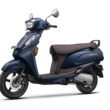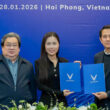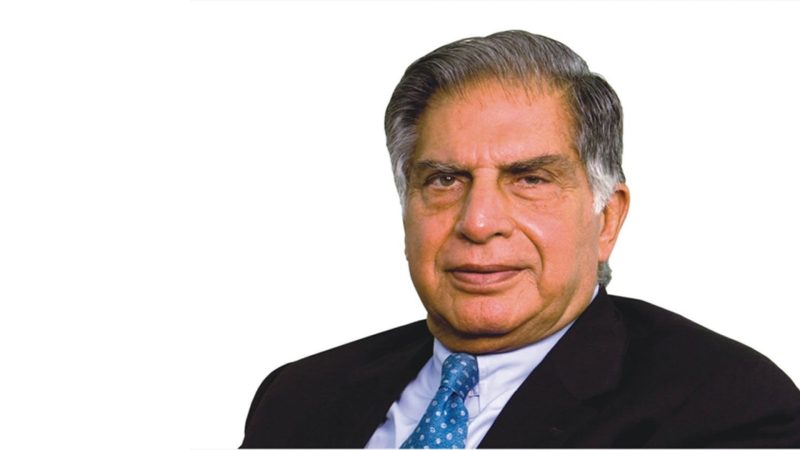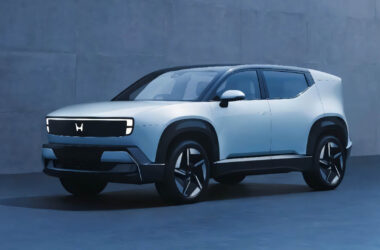Multiple Padma-awardee and arguably, the most prolific businessman and industrialist of independent India, Ratan Tata, is no more. He was the relentless driving force behind transforming the TATA group, a manufacturer of everything from simple commodities to steel, into a mammoth multi-national powerhouse omnipresent in every sector – from salt to software, and everything else imaginable in between. Furthermore, he single-handedly modernised the Indian automotive landscape as a whole to global standards.
One merely needs to look at the vehicles Tata Motors has produced over the years to realise that he was a champion for the masses. The trucks and commercial vehicles have been ubiquitous since their launch in 1954. Very few remember that these trucks were originally made in partnership with Daimler-Benz (now Mercedes-Benz). If the trucks spearheaded industrial freight in the country, the Tata Sumo and Tata Indica revolutionised transportation for the masses. Crucially, the Sumo-Indica duo and their subsequent versions and derivatives became an instant hit with fleet owners and were instrumental in boosting tourism across various parts of the country. The Sumo and Tata trucks have also long served as workhorses for the armed forces, tackling hostile environments and terrain with aplomb.
Seeing a family of four astride a two-wheeler in the rain, Mr. Tata vowed to build a car every Indian could reasonably afford. The Tata Nano was his pet project, but was misunderstood by customers. Uninspiring sales ultimately led to its demise. Nevertheless, it left manufacturers across the world stunned because none believed that a practical automobile could be made and sold for a little more than USD 2,000 (Rs 1 lakh in 2009!). It will forever remain a masterclass in automotive design and packaging.
Ratan Tata negotiated the purchase of Jaguar and Land Rover brands from Ford, both of which were in dire straits. The stellar turnaround of these iconic brands, at the hands of an Indian forced the global automotive industry to sit up and take notice.
His motto, ‘Think global, act local’ has guided his actions throughout his life and will continue to inspire generations of entrepreneurs. His selfless devotion towards improving the lives of common folk and not to forget, his philanthropy, will be remembered for eons to come. Ratan Tata thus leaves behind an indelible mark and a titanic legacy of championing homegrown industries, unlikely to be eclipsed anytime soon.










